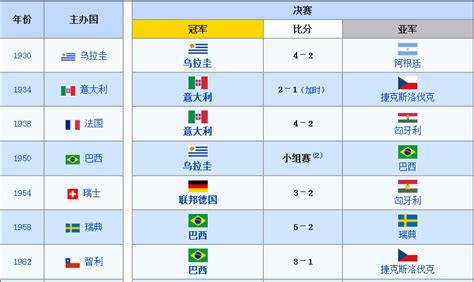```html
Understanding FIFA RankingsUnderstanding FIFA Rankings
The FIFA World Rankings are a widely recognized and influential system for ranking national football teams. They provide insights into the performance and standing of teams on a global scale. Let's delve into how these rankings work and their significance.
FIFA Rankings are determined using a pointsbased system. Points are awarded to teams based on the results of their matches in recognized international competitions over the last four years. The following factors are taken into account:
- Result of the match (win, draw, loss)
- Importance of the match (e.g., World Cup matches carry more weight than friendly matches)
- Strength of the opponent (higherranked opponents yield more points for a win)
1.
Seeding in Tournaments:
FIFA Rankings play a crucial role in seeding teams for major international tournaments like the FIFA World Cup and continental championships. Seeding ensures a fair distribution of teams in the tournament groups based on their performance.
2.
Benchmark for Progress:
National teams use FIFA Rankings as a benchmark to evaluate their progress and performance over time. Consistently high rankings reflect sustained success and competitiveness.
3.
Attracting Sponsorship and Investment:
High FIFA Rankings can attract sponsorship deals and investment in football infrastructure, as it indicates a strong and marketable national team.
4.
Fan Engagement:
FIFA Rankings generate interest and discussions among football fans worldwide. Fans closely follow the rankings to assess the strengths and weaknesses of their favorite teams and competitors.
While FIFA Rankings provide valuable insights, they are not without criticism:
Subjectivity:
The weighting of matches and opponents is subjective and can lead to discrepancies in rankings.
Limited Sample Size:
Rankings are based on a limited number of matches over a fouryear period, which may not accurately reflect a team's current form.
Influence of Friendlies:
The inclusion of friendly matches in the calculations can sometimes distort rankings, as teams may experiment or prioritize other objectives.

1.
Compete Regularly:
Participate in as many international competitions and qualifying matches as possible to earn points and improve rankings.
2.
Perform Consistently:
Consistent performance against strong opponents is key to climbing the rankings ladder. Avoiding defeats and securing wins against higherranked teams yield significant points.
3.
Focus on Major Tournaments:
Success in major tournaments like the FIFA World Cup, UEFA European Championship, and Copa America carries significant weight in the rankings. Aim for deep runs and strong performances in these competitions.
4.
Develop Youth Talent:
Invest in youth development programs to nurture talent and ensure a sustainable pipeline of skilled players for the national team. Longterm success often hinges on the quality of youth development initiatives.
The FIFA Rankings serve as a barometer of a national team's performance and standing in the global football landscape. While they have their limitations, they remain a valuable tool for assessing team performance, seeding tournaments, and driving fan engagement. National teams should strive for consistent success and use the rankings as a guide for improvement.
